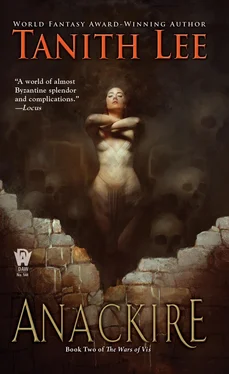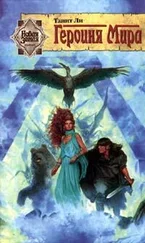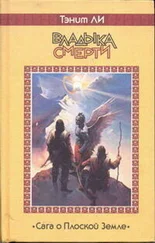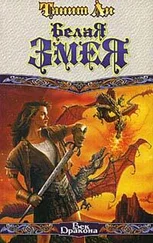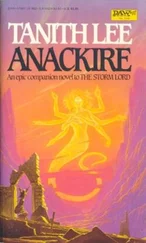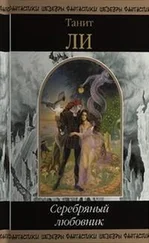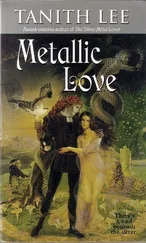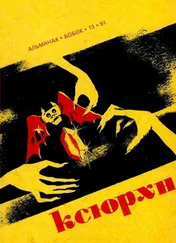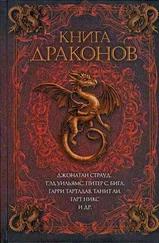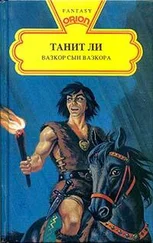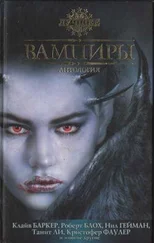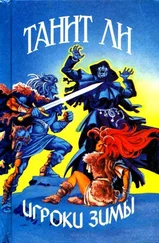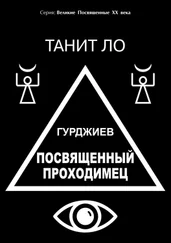The sea, when Rem struck it, was itself like a blow, the coldness seeming to suck all the strength from him in one huge gasp. As he came up, he heard the Zakorian splash down not far off.
Rem fought to reach the tossing thing ahead which must be the boat.
His hands closed on the wood at the same instant the swimming Zakorian’s hands closed on him again. Then one hand lifted. Rem knew it was the backswing of another knife. He tried to kick once more, but in the freezing water he could not seem to make it happen. Then his third soldier leaned over him and ran the pirate through.
The soldier hauled Rem into the boat.
“You should have got away,” Rem said. His teeth were chattering from the cold and he could barely enunciate. “Thank the gods you didn’t.”
But the third man, his sword still slimed from the pirate in the sea, was already leaning again to the water. It parted to accept him. There was a black arrow-shaft where his eye had been.
Rem pushed himself up and over on top of the moaning girl, the silent child. “It’s all right,” he said to them. “Keep still. It’s all right.” And nearly laughed.
More arrows flickered about the boat, but hit nothing. The ocean was more choppy now; it was getting rough and they were drifting, away from the ships.
Eventually he raised himself. No one else had come after them. Only a little convention of corpses, drifting too, bobbed on the sea. The ships, locked like fighting kalinxes, were half a mile away. The Lily was already burning.
Rem unshipped the oars and began to row for the memory of land to the east.
The boat took water, but somehow failed to sink. Rem rowed, rowed, and time ceased. He lost track of everything but the grinding tear of his muscles, the squealing of the boat, the vicious teeth of the cold. He rowed in a dream, or a nightmare, and did not wake up until they ground on a beach of silken ice. The rain had stopped.
He herded the girl inland with him, having sketchily hidden the boat in case the Free Zakorians decided to pursue them after all. In the scoop of a low hill he made a fire. Day was beginning to melt the darkness, and show him Berinda’s face. Her eyes were full of a fear that seemed unable to go away. She watched him, afraid of him, clearly, as of all things. She held the child pressed close, and in the end exposed her breast to the searing cold in order to feed it. Despite the temperature, this act appeared to calm the girl. Rem was glad.
He lapsed back on the hard ground, and looked toward distant hills, a dark soft blue still chalked by snow, and beyond these higher forms yet, mountains found by the light of dawn, then fading away into it. They would have to move soon. Northern Lan was unpopulous. They were miles from anywhere that might give aid. The land smelled empty as a clean blue bowl.
Above the globe of the woman’s breast, the eyes of the child had fixed on him. They seemed to see him distinctly. Between sleep and reality, he felt again the strangeness of the child. What is it? he thought. As if now, of all moments, that was relevant. And yet, it almost seemed he came to understand . . . She called him. Somehow she spoke to him. There were no words. Gradually he became aware of some profound thing, some purely spiritual hugeness, trapped there in the small and helpless soft shell.
The soul was in the eyes. And though it was the frame of a baby, it was not the soul of a baby at all.
And then sleep washed over him. His consciousness went away.
When it came back, the girl and the child were gone.
Berinda crooned to her infant as she walked. She told it stories. Her own discomfort was nothing to her now. She felt more hopeful. The disasters of the night had been an error. She had left them behind with the dead fire and the sleeping man. Now she would seek her lord, her dark and beautiful lord who cared for her, who was the father of her child, and he would make them safe again.
She sensed no echo. No shadow of another Vis woman, walking with a fair-haired child, fell across Berinda’s confused fancy. She had never been told of Lomandra, who carried the child Raldnor from the malevolence of Koramvis, in her arms . . . Or, if she had been told, Berinda had forgotten.
The sun was high and she had gone quite a way, when something moved on the rock above her.
It was a white wolf, looking bigger than the sky, and three others of its kind were behind it.
Berinda screamed. But she had come too far to be heard.
After the rains, the young summer rose and walked on the hills.
In the shining evening the hunter strode out of the wood, his kill over his shoulder, and stopped to take in the sweep of the land, the valley tucked below into the slopes, and the village that was his home. There were five dwellings, no more, but each alive with people. The nearest town lay seven days’ ride away. The village had only two zeebas. Many had never seen that town.
The hunter was ignorant, but at peace. The warm shadows running on the hills, the bright ending of the day, enchanted him without words or knowledge. Besides, his household would eat well tonight, and there would be enough to share with the neighbors.
Something then, a wisp of brightness out of the sky and down on the hillside, caused him to turn and look.
The hunter drew his breath hard. His hand reached for the knife in his belt. He made no other move.
Three things were picking a way along the hill just below him, one was a shadow, two were lights. A pair of wolves, a black one, and a white, both spectacular in their coloring and their size. And between them, something else. It was a child, a maiden child, he could see as much from here, for the little breasts had blossomed on her. A child also of the Plains People, for she was whiter than the albino wolf, and the hair that sprayed behind her, so fine it fluttered out even at her steps, was pale yet golden as a sunrise.
The hunter stared. He had heard of such things, children of the wild whose kin were beasts. It was not so much wonder as ordinary fear that stayed him. The huge wolves might attack him, if they should scent the kill he carried. The child would then attack him too, sister to them, no longer to his kind.
The black wolf halted. Its head swung about, and he saw the jetty nostrils widen. At once the white wolf hesitated, turned, looked at him. The girl-child looked last of all.
As soon as she did so, the hunter’s fear increased—and diminished—both at once. It became rather another fear. Though naked, there was a diadem of flowers on her head. He squinted at these, because her gaze filled him with some peculiar sensation he seemed never to have felt before.
The dying light trembled. One further new feeling slid through his mind, easy as water over a stone. And his fear went out. Confronted by the great wolves, the fey, unhuman child, he stood unafraid. He watched them until they turned again and went across the hill, into the mantle of the dusk.
His wife was at her loom when he came in, but started up with a glad cry. He prepared the meat and she cooked it, and later took some in a covered dish to the nearby cot where the husband, laid up for a while, had not been able to fend for them.
Later still, under the lamp hanging from the beam, the hunter played a board game with his wife, using pieces of bone he himself had carved to intricate and beautiful shapes. His wife won, as she often did, and they laughed.
And even later still, as they lay on their bed in the warm darkness, he said, “I saw a wolf child on the hill.”
“I thought there was something,” said the hunter’s wife. “All evening, I thought so.”
“Why didn’t you ask?”
Читать дальше
